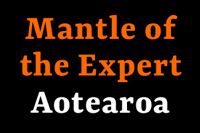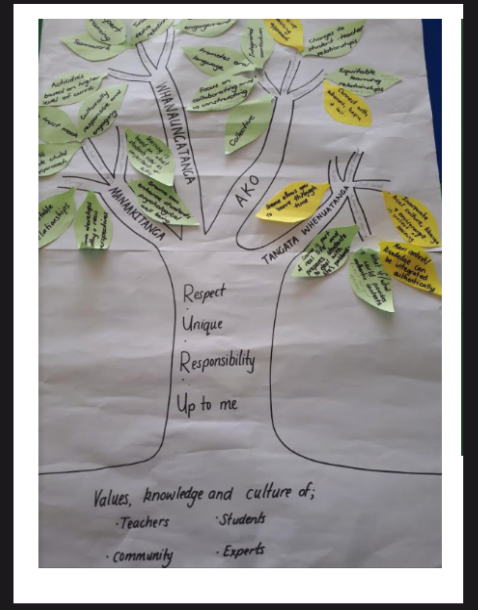Auckland theatre company has a long history of creating quality theatre for adults and young people. Now it’s developing a brand new programme for young children from years 1-3 called ‘Storyworlds.’ In this approach, children are taken on a creative adventure by actor-teachers, who use a range of dramatic inquiry strategies (including teacher in role, drama conventions, storytelling and significant artefacts) to bring storybooks to life. Children are involved as active participants in the adventure; helping to solve problems and decide the direction for the story to take.
A really exciting thing about the programme is that it is tailored for each school and also involves professional development in dramatic inquiry. Teachers are involved in the planning – which is different for every setting. They are also given opportunities to co-teach in the dramatic inquiry aspects of the programme and are supported to continue to use the strategies and conventions of drama after the project has finished. That’s such a rich and unique model, bringing together expertise in theatre-making and education for the benefit of children and teachers.
Here’s a short video about Storyworlds. If you’d be interested in finding out more or hosting a Storyworlds adventure in your school, please email lynne at Auckland Theatre Company: lynne@atc.co.nz

